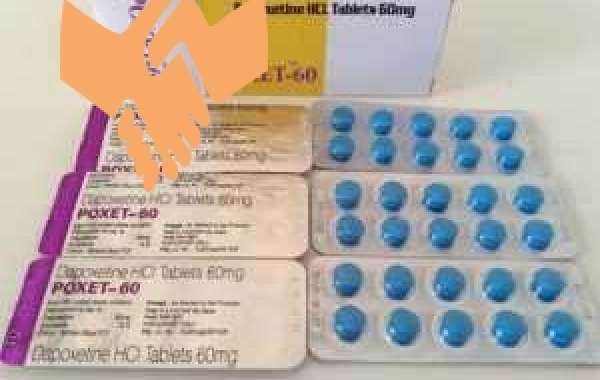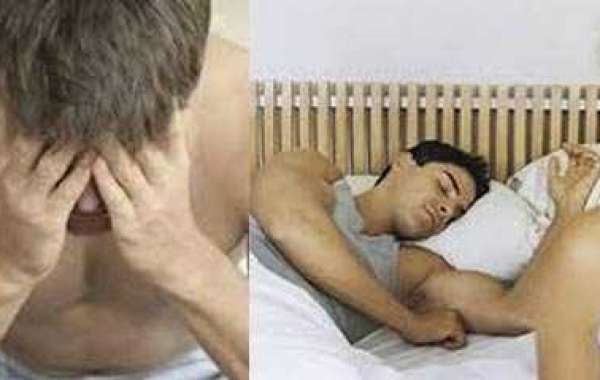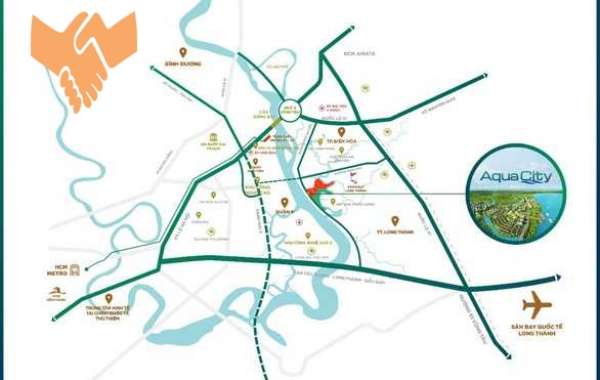Alcohol addiction is a serious health problem, and it affects millions of people worldwide. It can cause cravings, withdrawal symptoms, and can lead to other health complications, including depression. This article will provide some general information on alcohol abuse, and will discuss different treatment options.
Heavy drinking vs binge drinking
Binge drinking and heavy drinking are two forms of alcohol abuse. They can have different effects on your physical and mental health. While moderate consumption is unlikely to cause any problems, excessive use can have a number of negative effects.
People with binge drinking have strong cravings for alcoholic beverages. The National Institute on Alcohol Abuse and Alcoholism (NIAAA) defines binge drinking as a pattern of drinking that leads to an increase in blood alcohol concentration to 0.08 percent. However, there is not universal agreement about the definition.
People who drink too much are at risk of liver disease, pancreatitis, and cirrhosis. They are also at higher risk for unintended pregnancy, homicide, and accidents. If you are concerned that you might have binge drinking, it is a good idea to seek professional help.
Cravings and urges
Often, people with a heavy alcohol addiction find themselves experiencing cravings and urges. Fortunately, these are very manageable without risking sobriety.
Cravings and urges can be a very uncomfortable experience. They can make you want to drink even when you aren't feeling that thirsty. It can be difficult to control these urges, though. The best way to overcome them is to learn some strategies.
One method is to track your cravings and other important information. By doing so, you can learn more about them and begin to anticipate them. In addition, it's important to keep a journal, and note any clues that might help you avoid them.
Another approach is to engage in activities that can help distract you from your urges. If you have a hobby, or are passionate about something, you may find that you're able to escape your cravings by engaging in these activities.
Withdrawal symptoms
Alcohol withdrawal symptoms are uncomfortable and can be potentially dangerous. However, the good news is that alcohol withdrawal symptoms are treatable. The symptoms are typically confined to mild to moderate intensity, and will go away after a couple of weeks.
Withdrawal symptoms of alcohol use disorder include anxiety, irritability, hallucinations, confusion, and difficulty sleeping. They also affect memory and decision-making.
There are two main types of withdrawal symptoms. The first is physical, and the second is psychological. Physical symptoms can include headache, nausea, or sweating.
Some people also experience mild hangovers after the first drink. Others experience more intense effects. It is important to note that withdrawal symptoms vary from person to person, depending on factors such as age, length of drinking, and genetics.
Some of the most common withdrawal symptoms include nausea, headache, sweating, and anxiety. Other symptoms of alcohol withdrawal include hallucinations, paresthesia, and shakiness.
Mental health as a risk factor
There are many mental health issues that are associated with substance abuse. The combination of these two disorders can be a devastating effect on an individual's life. If a loved one suffers from both, it is important to get help.
Mental health issues can be caused by several different factors, such as genetics, socio-economic status, and family history. Individuals with mental health disorders often turn to drugs to control their symptoms. These drugs can make the problem worse and delay recovery.
Alcohol is an addictive substance and can cause a number of problems. It can interfere with the development of healthy relationships and lead to a number of health complications.
People with mental health disorders are also at higher risk of alcohol use disorder. This is because the brain changes associated with mental illness may enhance the rewarding effects of substances.
Treatment options
Alcohol addiction is a chronic disease that can cause problems in your life, including work, relationships, and health. It is characterized by a psychological dependence on alcohol, as well as out-of-control drinking habits.
Treatment options for alcohol addiction include detoxification, counseling, and medication-assisted treatment. If you're unsure which treatment is best for you, ask a doctor or mental health practitioner about the options available.
Inpatient rehab is a medically supervised process that involves living in a facility for a period of time. The program includes daily therapy sessions and relapse prevention programs. It can last anywhere from 30 to 90 days.
Outpatient alcohol rehab is less intensive than inpatient treatment. Patients attend group and individual therapy sessions and continue to work and go to school. They can also connect with post-treatment support.







